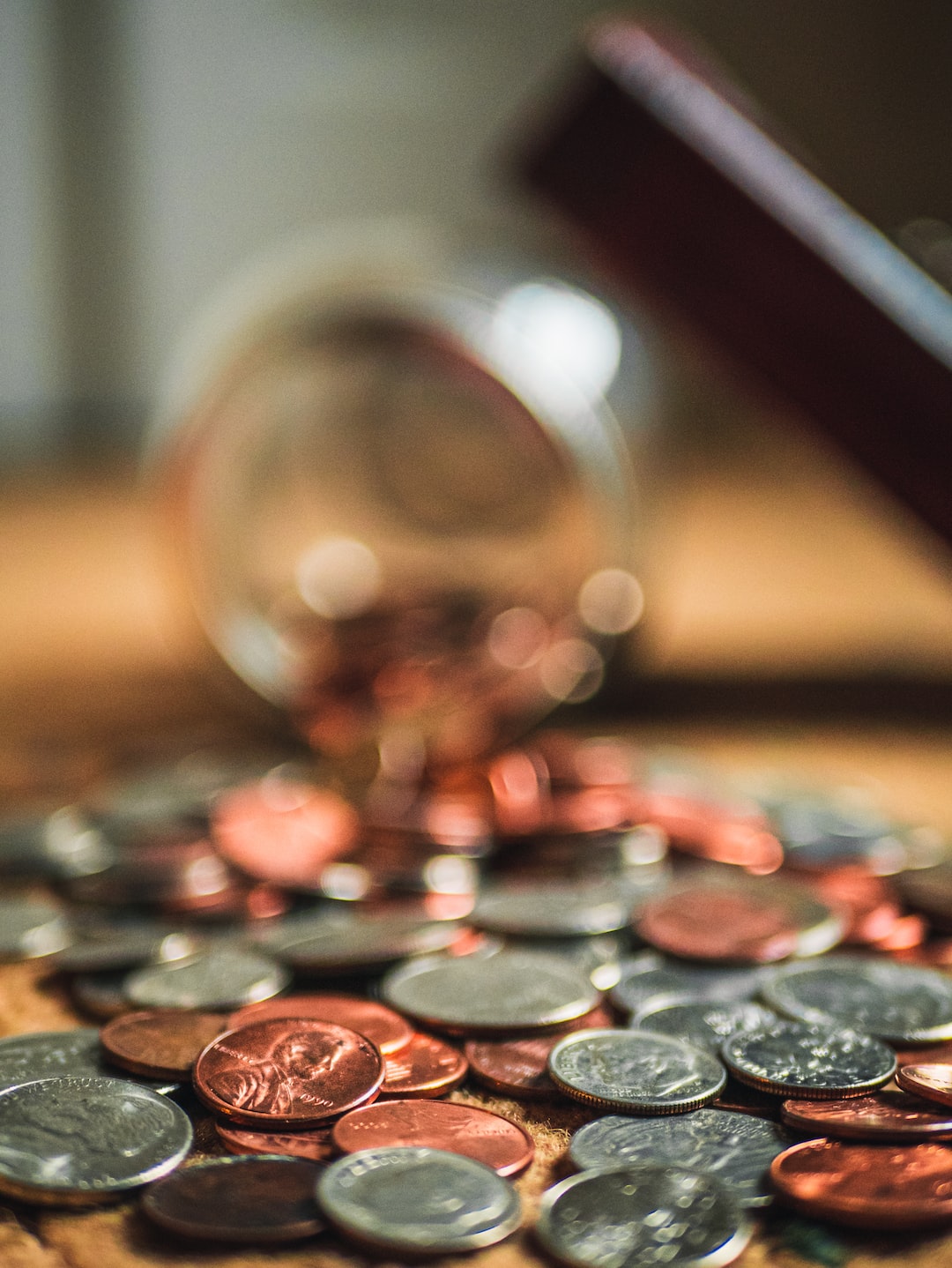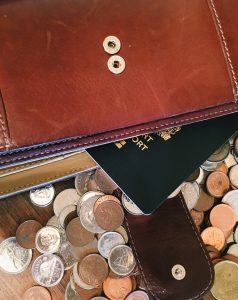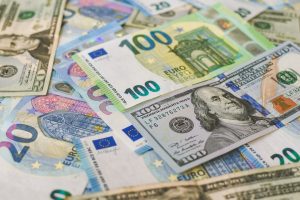Forex trading is one of the most lucrative financial markets in the world. The foreign exchange market, or forex, is where currencies are bought and sold. It is a decentralized market that operates 24 hours a day, five days a week. Banks are among the most active participants in the forex market, and they make a significant amount of money from forex trading.
Banks are among the largest players in the forex market. They trade currencies on behalf of their clients and for their own accounts. Banks provide liquidity to the market, meaning they are always ready to buy or sell currencies at any time. This makes them a key player in the forex market.
According to a report by the Bank for International Settlements (BIS), banks make around $5.1 trillion per day from forex trading. This figure represents the average daily turnover in the forex market for April 2019. This is a significant increase from the average daily turnover of $4 trillion in 2010.
Banks make money in forex trading in several ways. First, they earn revenue from the bid-ask spread. The bid-ask spread is the difference between the price that a buyer is willing to pay for a currency and the price that a seller is willing to sell it for. Banks make money by buying currencies at a lower price and selling them at a higher price, earning a profit from the spread.
Second, banks make money from commissions. When banks trade currencies on behalf of their clients, they charge a commission for their services. This commission is usually a percentage of the value of the trade. The higher the value of the trade, the more money the bank makes in commissions.
Third, banks make money from trading their own accounts. Banks have dedicated forex trading desks that trade currencies for their own accounts. Banks use their expertise and market knowledge to make profitable trades, earning profits for the bank.
Finally, banks make money from interest rate differentials. When banks trade currencies, they are essentially borrowing one currency and lending another. The interest rate differential between the two currencies determines how much the bank will earn or pay in interest. If a bank borrows a currency with a low interest rate and lends a currency with a high interest rate, it will earn a profit from the interest rate differential.
Overall, banks make a significant amount of money from forex trading. The forex market is highly competitive, and banks must be skilled and knowledgeable to make profitable trades. The banks that are most successful in forex trading have dedicated teams of traders, advanced trading technology, and access to the latest market information.
In conclusion, the forex market is one of the largest and most lucrative financial markets in the world. Banks play a critical role in the forex market, providing liquidity and earning significant profits from forex trading. Banks make money from the bid-ask spread, commissions, trading their own accounts, and interest rate differentials. Despite the risks involved in forex trading, banks continue to invest significant resources in this market to earn profits and provide valuable services to their clients.






